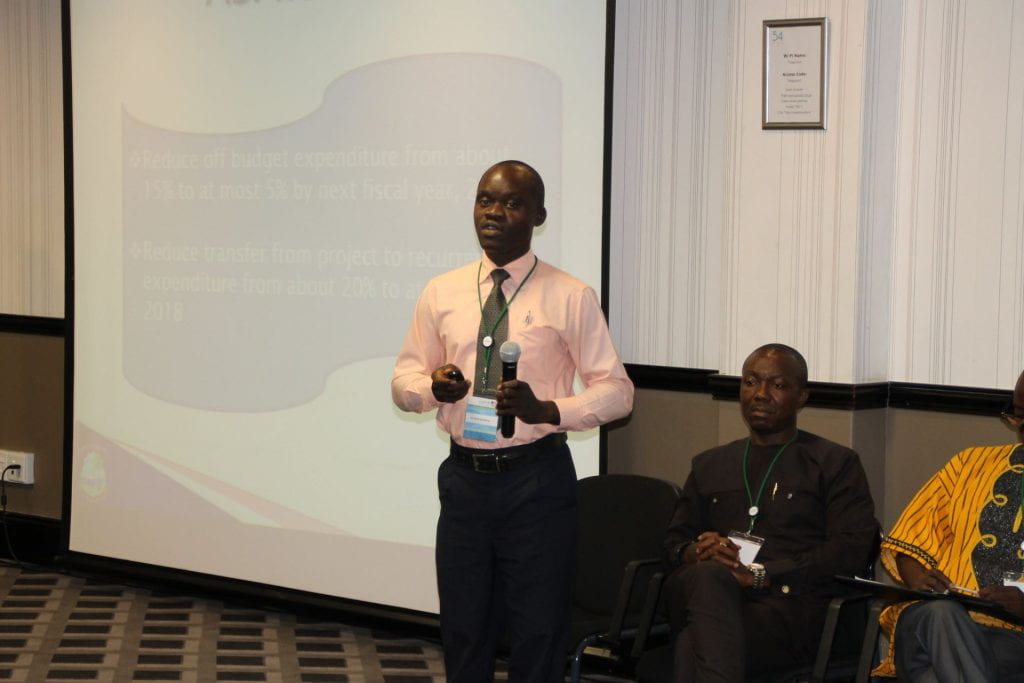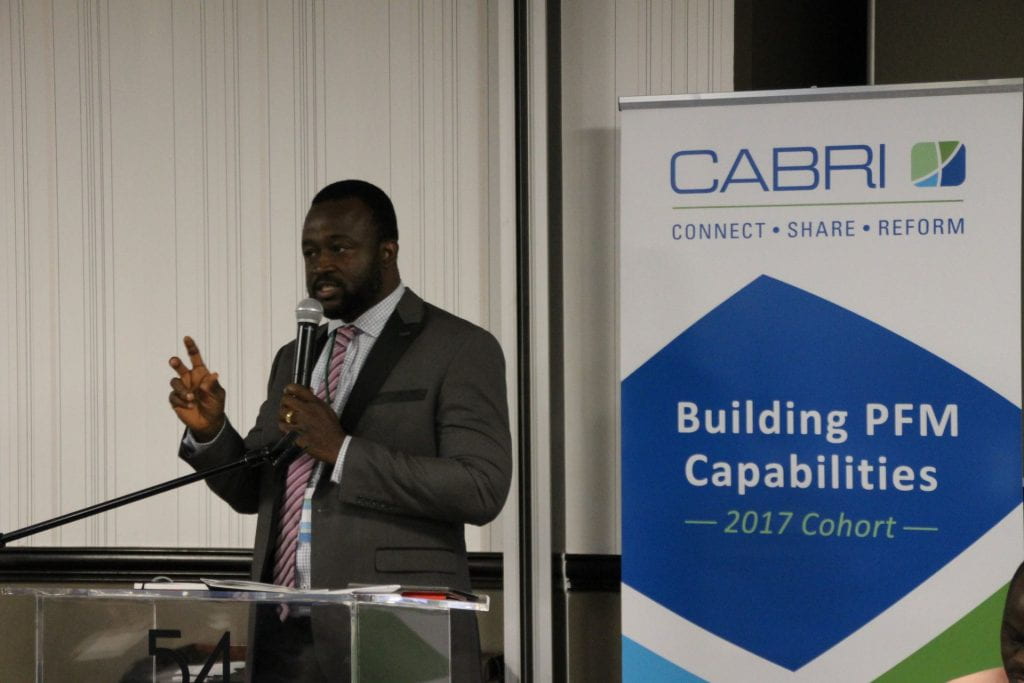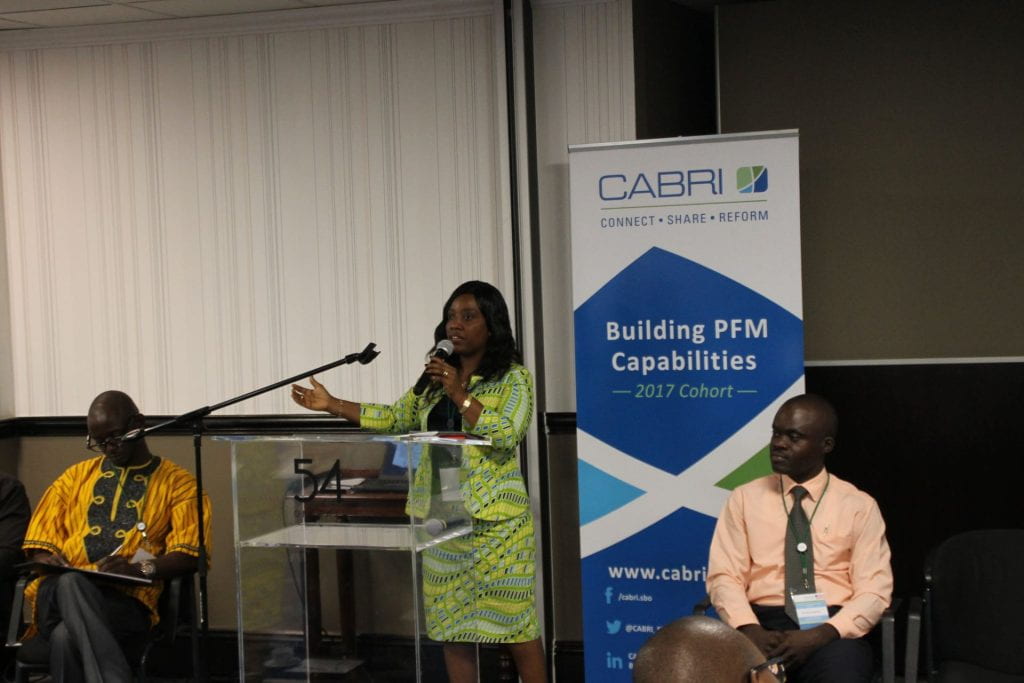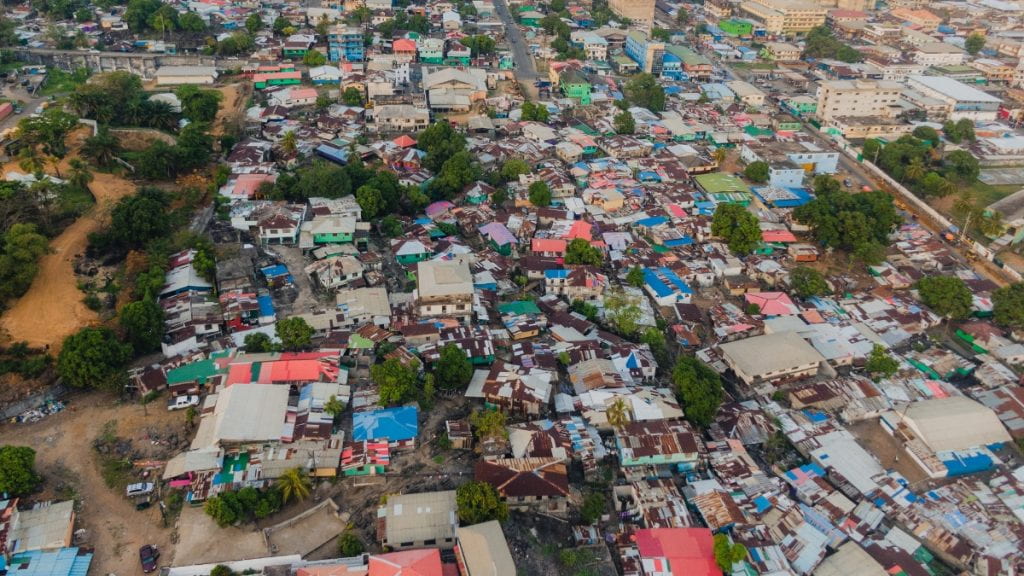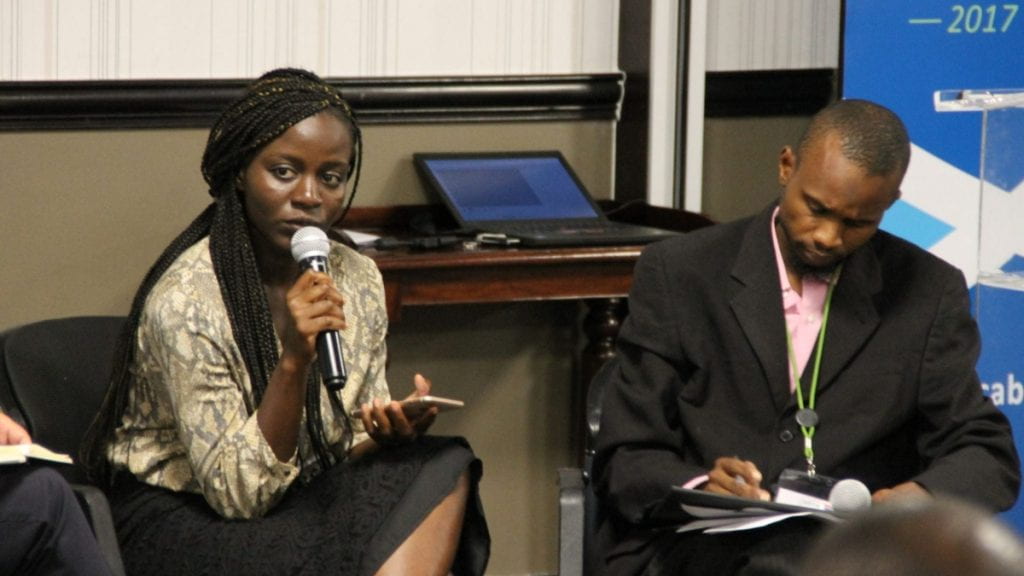In Liberia we led one projects and trained several practitioners. See below for country related content.
Projects
In April 2017, BSC began a two-year engagement with the Collaborative Africa Budget Reform Initiative (CABRI), an intergovernmental organization based in South Africa, to build capability for Public Financial Management (PFM) reform in Africa.
Teams from Central African Republic, Cote D’Ivoire, Ghana, Lesotho, Liberia, Nigeria, Sierra Leone, South Africa, and The Gambia participated in this program.
Building PFM Capabilities in Africa – 2018
The team from Liberia focused on:
Problem: Limited allocation of funds for Public Sector Investment Projects (PSIPs) and underutilization of allocated funds are having negative implications for the country’s socioeconomic development.
What was done: After constructing their fishbone diagram, the team identified three main entry points: (i) Lack of incentive to develop projects, (ii) Low technical capacity to develop projects, and (iii) Weak procurement capacity. The team focused on reawakening the Budget Management Committees (BMCs) and also analyzed procurement non-compliance to identify the main reasons for non-compliance. According to the team, there is now improved compliance with public procurement procedures, including timely submission of PSIP procurement plans.
What was learned: The team met every Tuesday to review progress and learned many things through this process, including that not everyone is keen on solving the problem. They noted that there is no straight forward way to solve the problem and you must iterate as you go (PDIA is a messy process). They found that the more stakeholders you engage, the more you get to understand the problem clearly, and obtaining buy-in from key stakeholders is key to solving the problem.
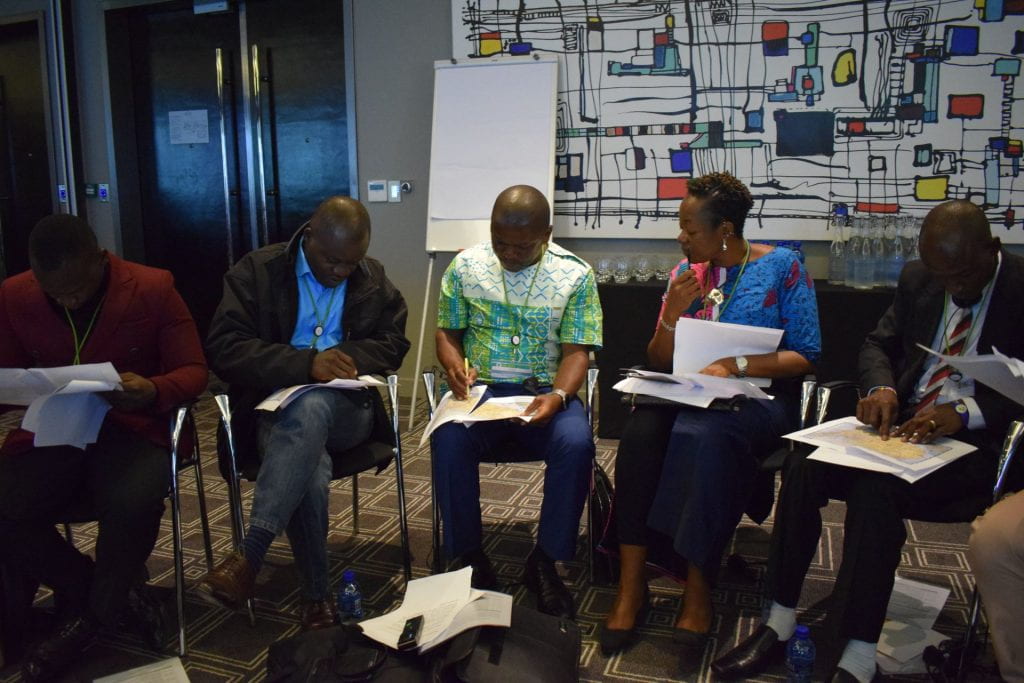
Project Photos
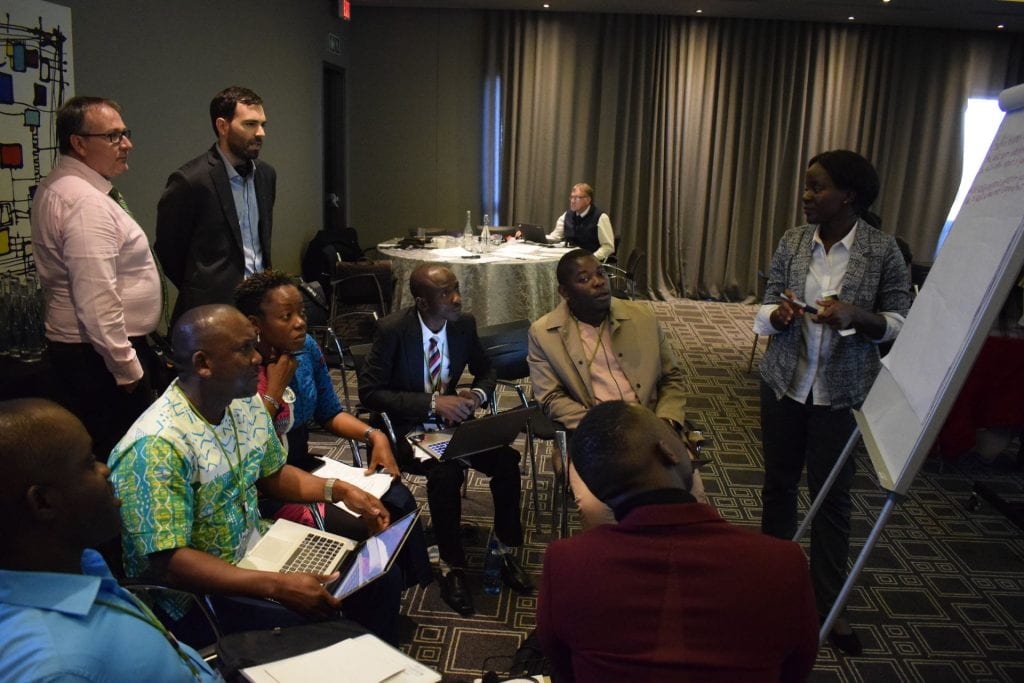
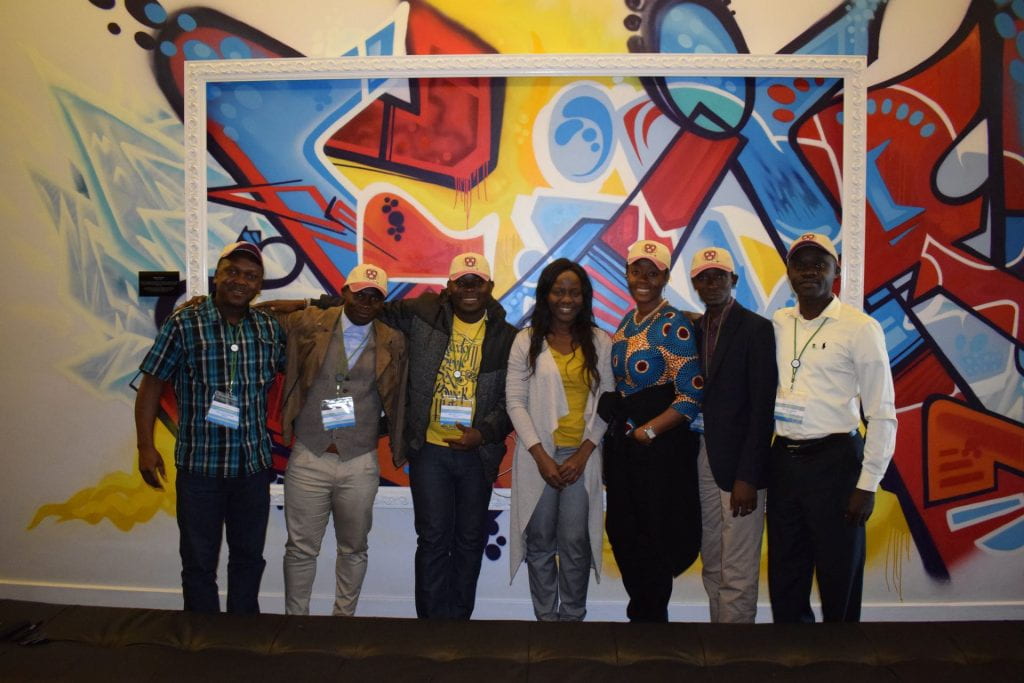
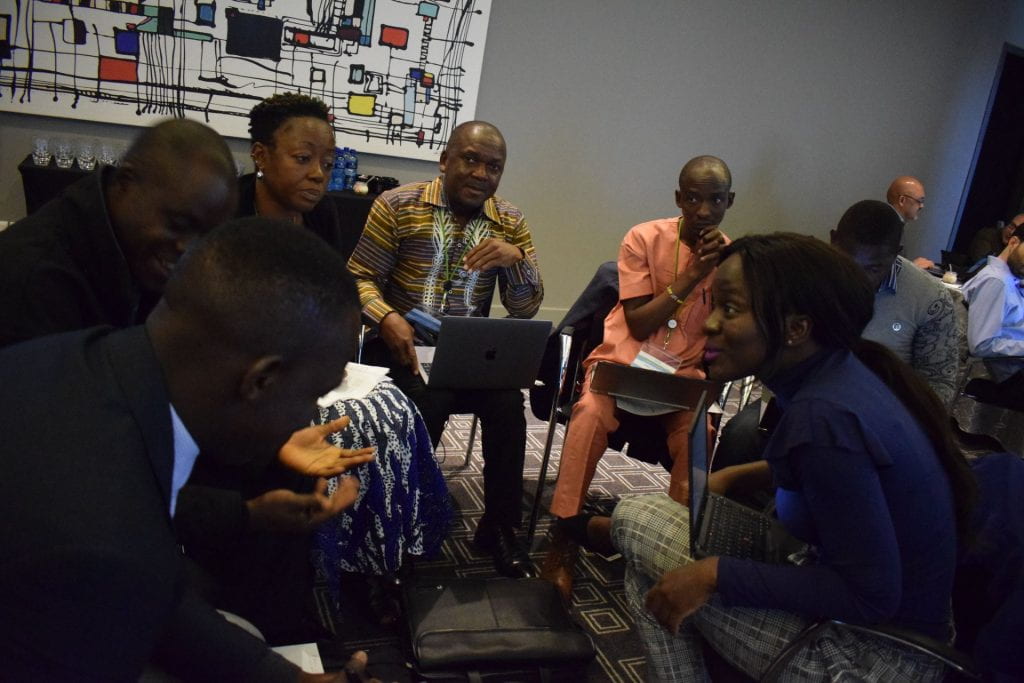
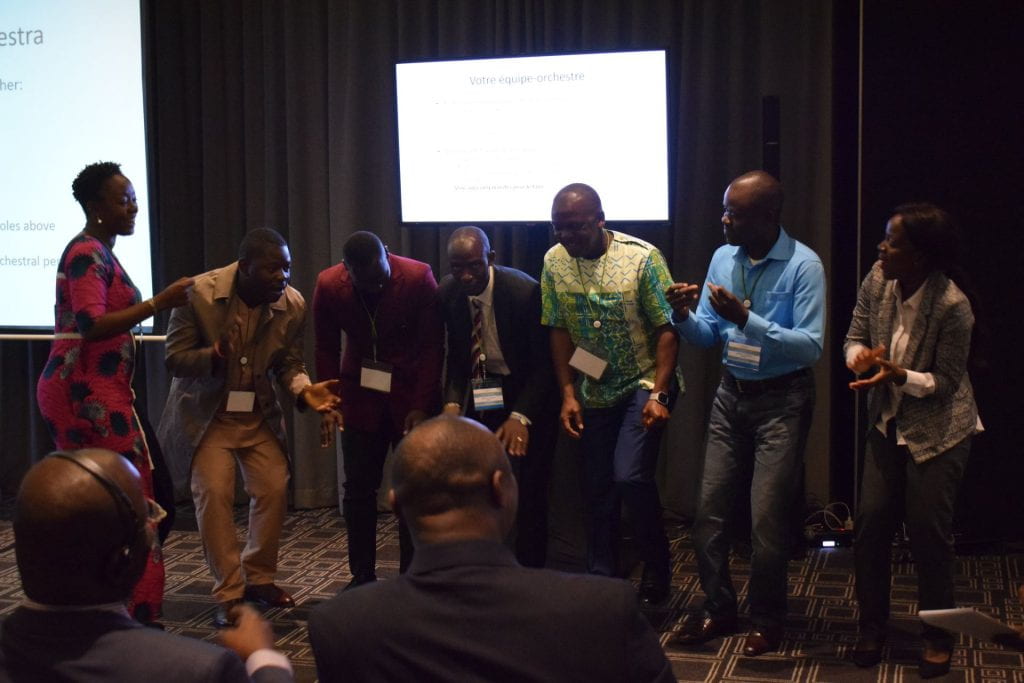
Building PFM Capabilities in Africa – 2017
The team from Liberia focused on:
Problem: Spending entities don’t execute their budgets as planned. Off-budget expenditures and on-budget transfers have increased over the years at the expense of on-budget programs in health, education, etc., which has resulted in inadequate financing for critical health and education programs, among others.
What was done: The team conducted a mini-survey with spending entities to improve reporting templates. With the new reporting templates, the percentage of spending entities submitting financial reports increased to 68.2% from 52.8% in the previous quarter. The team also reactivated and operationalized the Liquidity Management Committee (LMC).
What was learned: Successfully working together as a team required clearly defining tasks and regularly assessing progress. Tackling the problem required listening to many people to understand the problem from their perspectives. Yes, reforms can be implemented during election periods.
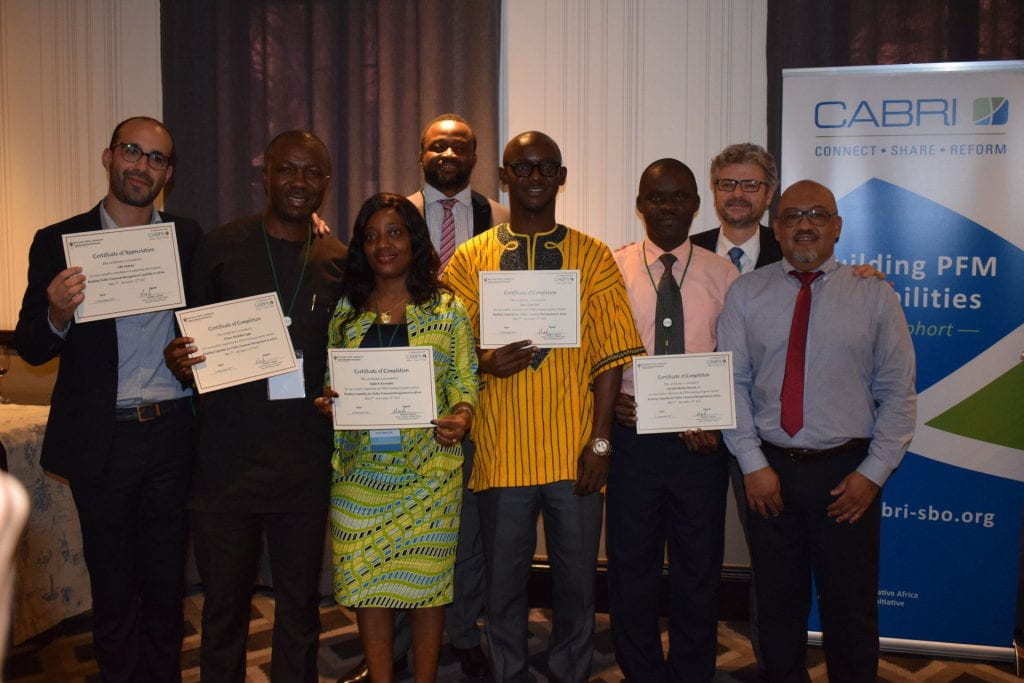
Project Photos
